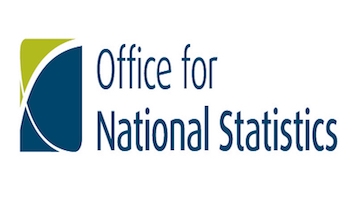The Consumer Prices Index (CPI), one of the main measures of UK inflation, rose from 2.6% in July to 2.9% in August, mainly due to rises in clothing and motor fuel costs. The CPI rate was 0.6% in August 2016.
CPI-H, which includes owner occupiers’ housing costs, rose from 2.6% to 2.7% over the same period. Inflation has risen rapidly over the past year since the Brexit vote when the pound fell sharply. A year ago CPI was just 0.6%.
The pound rose today to over $1.32 to the £ as City commentators forecast that a base rate rise was more likely, however the Bank of England does not expect inflation to go much above 3% as inflationary pressures ease.
ONS says the alternative inflation measure, the Retail Prices Index (RPI) does not meet the required standard for designation as National Statistics but because it is widely used ONS will continue to publish RPI data. RPI rose from 3.6% in July to 3.9% in August.
ONS head of Inflation Mike Prestwood said: “Clothing prices rising faster than last year, along with a hike in the cost of petrol, helped nudge inflation upwards. Conversely, these effects were partially offset by airfares, which rose more slowly than during last year’s summer holidays.
“The costs of raw materials and goods leaving factories also increased slightly, mainly due to oil and fuel prices. The annual rate of house price growth remained steady in July after slowing throughout the second half of last year, with the East Midlands and East of England growing most strongly.”
The rise in inflation leaves UK households collectively needing to find an extra £21.7bn a year to maintain their standard of living compared to 12 months ago, according to Retirement Advantage.
Andrew Tully, pensions technical director, Retirement Advantage, said: “Although we’ve seen a move to drawdown since pension freedoms, many retirees continue to value the certainty that an annuity provides.
“However, over the last year around one in ten people have chosen some form of inflation link or escalation when choosing a lifetime income. Inflation can very quickly erode the spending power of a fixed income.”
Ben Brettell, senior economist, Hargreaves Lansdown, said: “This will inevitably raise questions about the UK’s ongoing cost of living squeeze. Data released tomorrow is expected to show pay increasing at 2.2% in the three months to July, meaning wages are still shrinking in real terms.”

